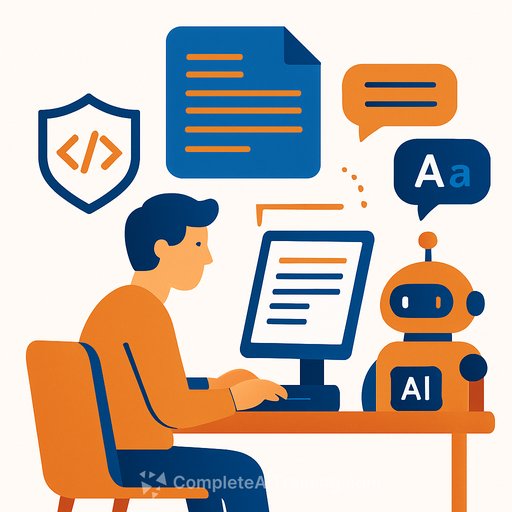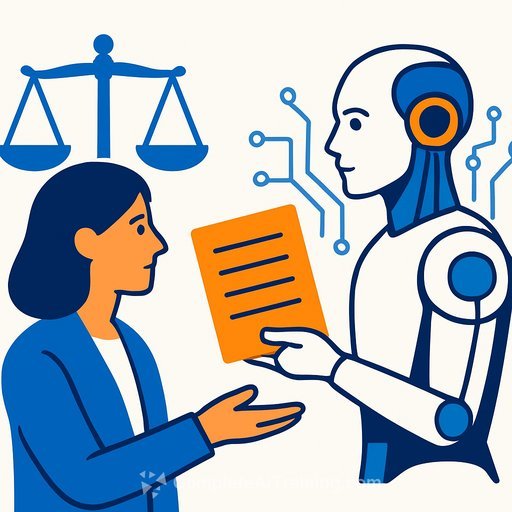FreeBSD Project Holds Back on AI-Generated Code for Now
The FreeBSD Project’s latest status report for Q2 2025 reveals a cautious stance on using AI tools to generate code. While the project recognizes the potential of generative AI, especially large language models (LLMs), it’s not ready to accept AI-written code contributions due to licensing and quality concerns.
The core team is actively working on a formal policy for AI use, covering everything from code generation to documentation. This policy will be added to the Contributors Guide once finalized. For now, AI tools are mainly encouraged for translations, clarifying complex documents, bug investigation, and understanding large codebases — but not for writing code itself.
Why the Hesitation?
Licensing issues are a significant factor. Code generated by AI models often comes with unclear or conflicting license implications, which could pose risks for open-source projects like FreeBSD. The team’s discussion on this topic continues, including at the upcoming BSDCan 2025 developer summit, as they gather feedback and shape the policy.
This approach aligns with guidelines from related projects such as NetBSD and Gentoo Linux, which also maintain restrictive policies on AI-generated code contributions.
FreeBSD’s Progress in Other Areas
The status report is packed with updates beyond AI policy. Key developments include:
- Efforts to enable FreeBSD applications to run on Linux environments.
- Improved support for Solaris-style Extended Attributes and Apple’s legacy HFS+ file system.
- Ongoing work on packaging the base system through
pkg, moving away from the traditionalbsdinstallandfreebsd-updatemethods. - Development of Sylve, a web-based GUI for Bhyve virtualization, inspired by Proxmox.
- Tools like BSD-USER 4 LINUX, which allows Linux users to run FreeBSD binaries without root privileges.
- Geomman, a planned dynamic disk management GUI similar to GParted.
- Community outreach in China, including improving Chinese documentation and translating notable works like the classic UNIX-HATERS Handbook.
Other Highlights
FreeBSD 15.0 is slated for release later this year, following FreeBSD 14.0's debut roughly a year after the arrival of ChatGPT. The project remains relatively conservative compared to the faster-paced Linux ecosystem, but it continues to improve core system features such as Wi-Fi, graphics, sound, and power management.
GhostBSD, a FreeBSD derivative, recently released version 25.02 featuring the new 'Gershwin' desktop, which offers a Mac-like experience. Meanwhile, FreeBSD 14.2 is working to attract Docker users, though Wi-Fi support remains a challenge.
A Steady Presence in the Background
Despite occasional jokes like "Netcraft confirms it: BSD is dying," FreeBSD remains a reliable player in the infrastructure space. It powers everything from routers to PlayStation consoles. For those frustrated by alternatives like systemd, FreeBSD offers a stable, alternative Unix-like environment worth exploring.
If you’re interested in expanding your skills in AI tools or development workflows, consider browsing relevant courses at Complete AI Training for practical learning paths.
Your membership also unlocks:





